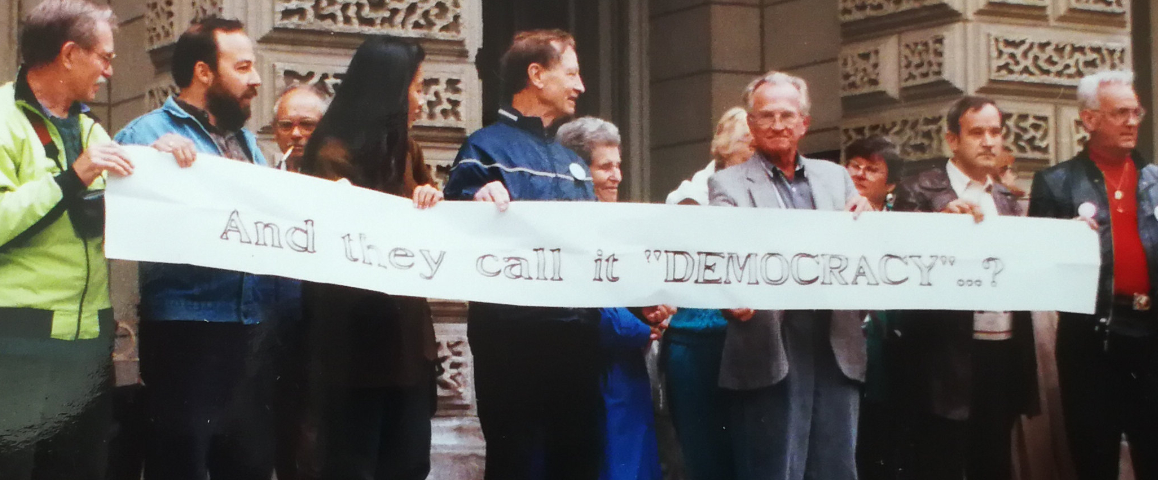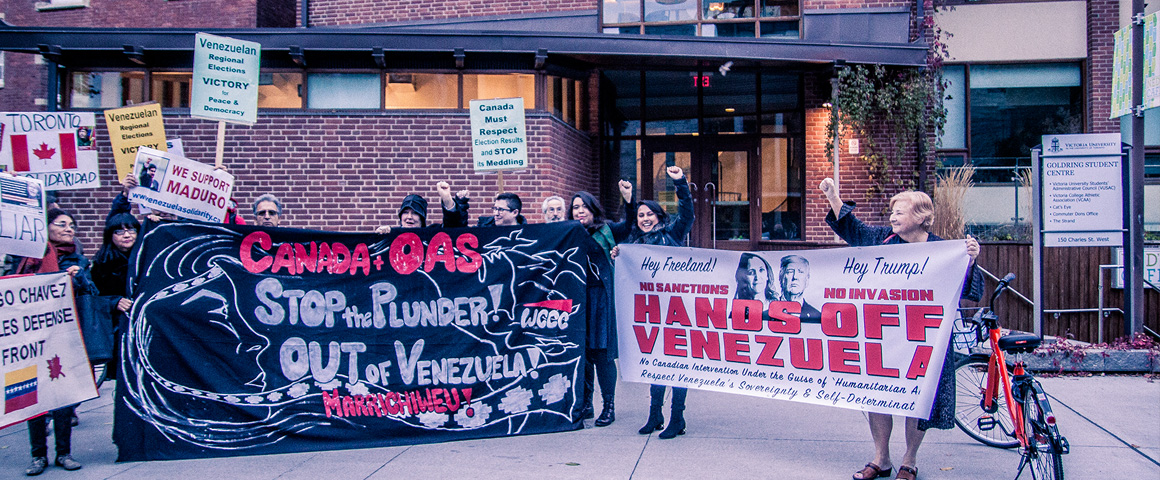As the sexual harassment and assault scandal involving Harvey Weinstein exploded, an increasing amount of media and public discourse has become focused on the depth of these problems. The recent #metoo social media campaign, for example, involved a huge number of people sharing their experience of harassment or assault. The overwhelming majority were women. A research poll conducted on November 1 revealed that 53% of women in Canada, 8 million in total, had experienced unwanted sexual pressure.
The telling of these experiences is a poignant and important reminder that violence and oppression continues to target and hurt so many women and girls in our society. They call upon our society, as a whole, to do a better job of recognizing and confronting oppression that occurs around us.
At the same time, there have been valid and important critiques of both the media response and social media campaigns like #metoo: Why does it so often take a massive public scandal, involving famous man and a large number of victims, before the media looks seriously at sexual harassment and assault? Why do women and gender oppressed people have to publicly expose their experiences, over and over again, for the issue to be taken seriously? Why do we seem unable to move beyond a temporary – some would say voyeuristic – focus on these problems?
These questions deserve a lot of discussion and analysis. But one thing is clear – we need to build a stronger alliance to combat harassment and sexual assault.
In part, this requires making connecting the harassing and violent behavior of individuals (usually men) with the broader systems and ideologies around us. Unfortunately, these are often separated. For example, Statistics Canada’s report, “Women in Canada: A gender-based statistical report,” includes data on the different experiences of women (from men) in social, political, education, economic, and health-related spheres. Astonishingly, however, it doesn’t once mention sexual harassment or assault.
Closing this gap is important. Deepening our understanding of how patriarchy has become institutionalized within capitalism, and how capitalism relies on the systemic oppression of women in order to reproduce itself, helps inform the tactics of our struggle against both. This includes extending our awareness of the disproportionate impact of harassment and violence upon Indigenous, racialized and trans women.
As we celebrate, worldwide, the centenary of the October Revolution, we should recall the words of Bolshevik revolutionary, Inessa Armand:
“If women’s liberation is unthinkable without communism, then communism is unthinkable without women’s liberation.”




